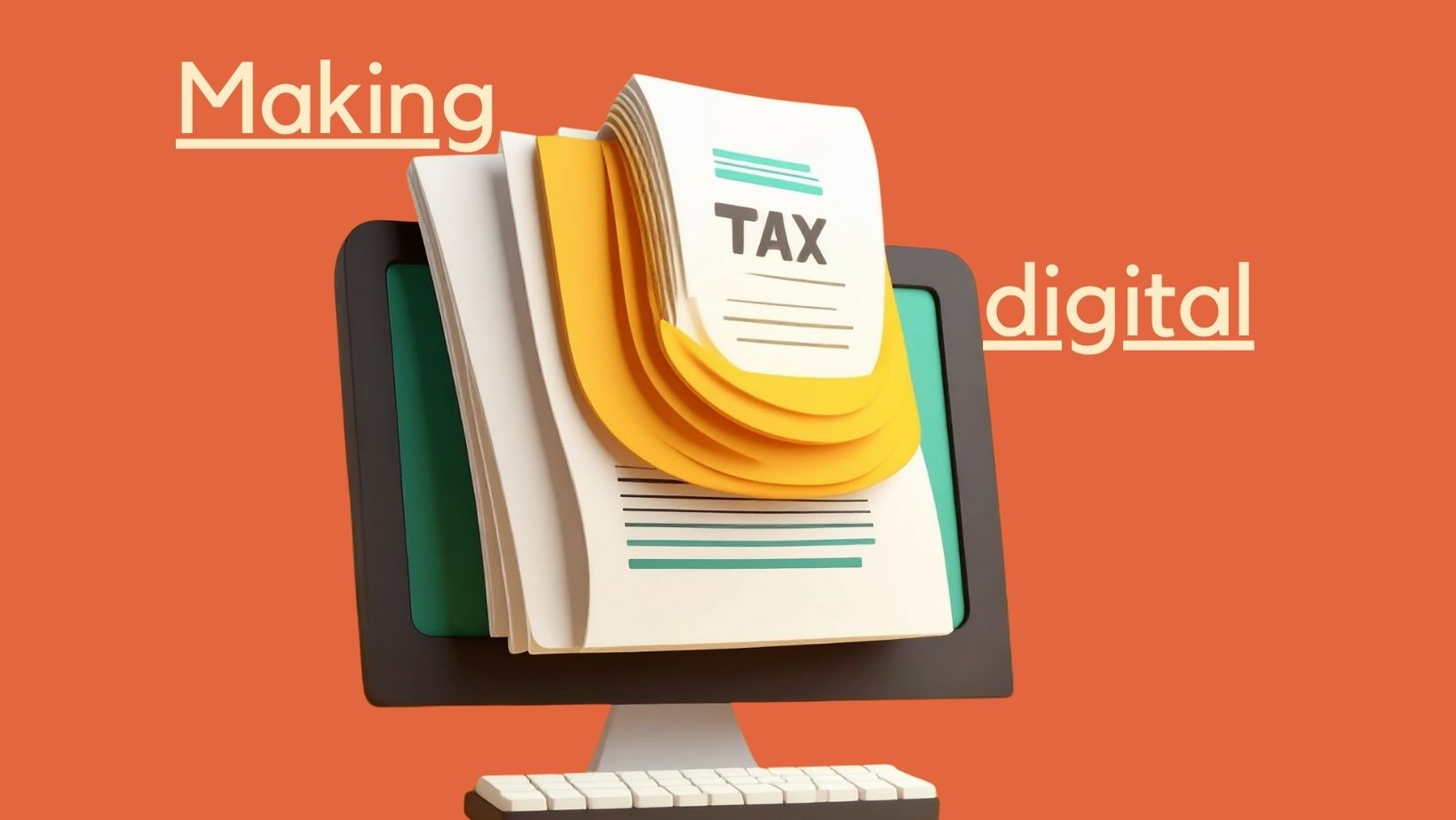Earning rental income can be an excellent way to build wealth and achieve financial independence, but it comes with responsibilities. Especially when it comes to taxes.
Whether you’re a seasoned landlord or just starting with your first property, understanding how your rental income is taxed is essential to staying compliant and maximising your profits.
Here, we break down the basics of rental income taxation.
Calculating profit
The best way to keep a track of your income and expenses to make the self-assessment process painless is to keep your records digitally, this will be mandatory from April 2026 with Making Tax Digital for Income Tax and Self-Assessment (MTD for ITSA) coming into play. It is advised that you set up a separate bank account for all property transactions to keep them separate from your personal income and expenditure, we refer our clients to Mettle by Natwest, but you can source your own.
Once you have deducted your allowable expenses for the year from the income received, you will arrive at your profit which will be taxable on your self-assessment, the rate at which this is taxed is dependent on whether you are a basic, higher or additional rate tax payer.
Tax Rates
If your rental income is below £1,000 per year then it is covered by your Property Allowance and is therefore tax free. However, if your profit is between £2,500 and £9,999 (profit is after allowable expenses are deducted) or your income is in excess of £10,000 (income is the amount received before allowable expenses are considered) then you will need to declare all income and expenses from your rental property on the self-assessment tax return.
The tax rates applicable to income in the 2023/2023 tax year are as follows:
| Band | Tax Rate | |
| Personal allowance | £0-£12,570 | 0% |
| Basic Rate | £12,571-£50,270 | 20% |
| Higher Rate | £50,271-£125,140 | 40% |
| Additional Rate | £125,141+ | 45% |
Your rental profit is taxed after your employment income. Therefore, if your employment income is £60,000 for the year, your rental profit will fall into the higher rate tax bracket at 40%.
National Insurance
If you’re running a property business, the tax rates applied when you own the property personally are the same for when you are running a property business. However, in addition to the tax as a property business you may have to pay class 4 national insurance contributions (NIC) on profits over £12,570.
This applies to you if:
- being a landlord is your main job
- you rent out more than one property
- you’re buying new properties to rent out
Class 2 contributions are treated as having been paid to protect your National Insurance record if your profits are over £6,725 a year. However if your profit is less that £6,725 you can make voluntary class 2 NI contributions.
If your profits are more than £12,570 a year, you must pay Class 4 contributions.
For tax year 2024 to 2025 you’ll pay:
- 6% on profits of £12,570 up to £50,270
- 2% on profits over £50,270If your profits are under £6,725, you can choose to make voluntary class 3 NIC payments, for example to make sure you get the full State Pension.
Important Dates
The personal tax year runs from the 6 April to the following 5 April.
If you have not completed a self-assessment tax return before, you need to apply by the 5 October following the end of the tax year that it became applicable that you complete one.
The self-assessment tax return is due for filing and payment by the 31 January following the end of the tax year.
Payments on Account
When your tax liability calculated is more than £1,000 HMRC expect payments on account to go towards your following year tax liability. The amount is calculated based on dividing your total liability in two. Payments on account are due on the 31 January along with the tax payable and again on the 31 July.
For example:
If you submit a personal tax return for the 2023/2024 tax year with a liability due of £1,200 then your payments on account will be £600 each, your payment breakdown would be as follows:
31 January, 2025 = £1,200 tax liability
31 January, 2025 = £600 payment on account
31 July 2025, = £600 payment on account
If you need assistance with completing your self-assessment tax return Companion Accountancy can support you, contact at [email protected] or call us on 01296 468 185.
Visit our blog page again for more articles for landlords, including our latest on furnished holiday lets.





